“We Are Not Safe”: BAPDA Speaks Out on Killing of Disabled Belizeans
Following the murder of 38-year-old Luke Jones, who lived with a disability, and his mother, 64-year-old Evadnie Jones, disability advocates in Belize say the recent wave of killings targeting persons with disabilities reflects a bigger failure of the state and society to protect them.
Luke was shot and killed in his wheelchair outside his Cedar Street home on July 5th. His mother was also shot and killed. According to neighbours, the gunfire was heard the night before, but the bodies were not discovered until the next afternoon.
“Luke was a person who could not defend himself; that guy didn’t hurt anybody, so why does anybody have the right to do someone something like that? It pains me because the fact is that we are not safe,” said the President of BAPDA, Francisco Cuellar, on Open Your Eyes this morning.
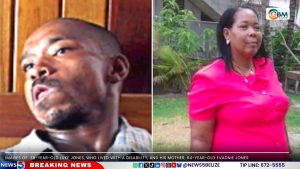
Luke’s death is the third such killing in eight months. In November 2023, 18-year-old Trayson Gibson, paralysed from the waist down, was shot dead on Banak Street. In April 2024, Gion Bernard, known as “Gizmo,” was executed on Castle Street. All three were wheelchair users.
BAPDA also criticised the lack of implementation following the December 2024 passage of a Disability Bill recognising the rights of persons with disabilities. Cuellar said no significant follow-up has occurred.
“For me personally, we as disability persons are not protected. The bill was passed, and it’s just on a shelf. And that’s it. We have heard nothing at all. They were waiting for the elections to happen, and it’s still on the shelf. I think it’s just a checklist that they’re doing for us,” Cuellar stated.
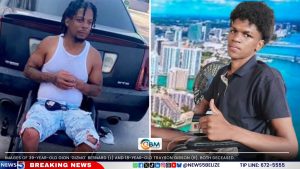
Among the issues raised by BAPDA this morning was the lack of proper shelters designed for persons with disabilities. Cuellar explained that preparedness for vulnerable groups is still not taken seriously, and without the right tools, data, and coordination among stakeholders, persons with disabilities remain at heightened risk, especially during natural disasters.
“Some of us, we don’t choose this life; this life chooses us, but if it happens, you have to deal with it,” Cuellar said.
“The fact is that we need the proper tools. We need the facilities,” Cuellar added. “We need the collaboration of people within the society with, not exactly the government, but businesses and everything. All stakeholders.”
Despite a few private sector efforts to hire persons with disabilities, BAPDA says there is no consistent policy or national push to promote inclusion in the workforce.
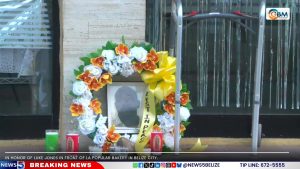
Meanwhile, advisory member Warren Smith said stigma continues to be a major issue, particularly among youth. “A lot of youths today have a lack of knowledge about how to. Respond to someone with a disability or how to deal with someone with a disability.”
BAPDA continues to advocate to the government agencies, businesses, and civil society to step up and protect vulnerable groups. “If we had the resources to help our people, I would love to help them,” Cuellar said.
“People could start by advocating as well; help with just maybe a pantry for these people. Simple things like taking a plate of food to their homes. These people are really, really vulnerable people. And a little assistance like that can warm someone’s heart, you know? It can make a big difference. Can make them feel safe again,” Smith added.




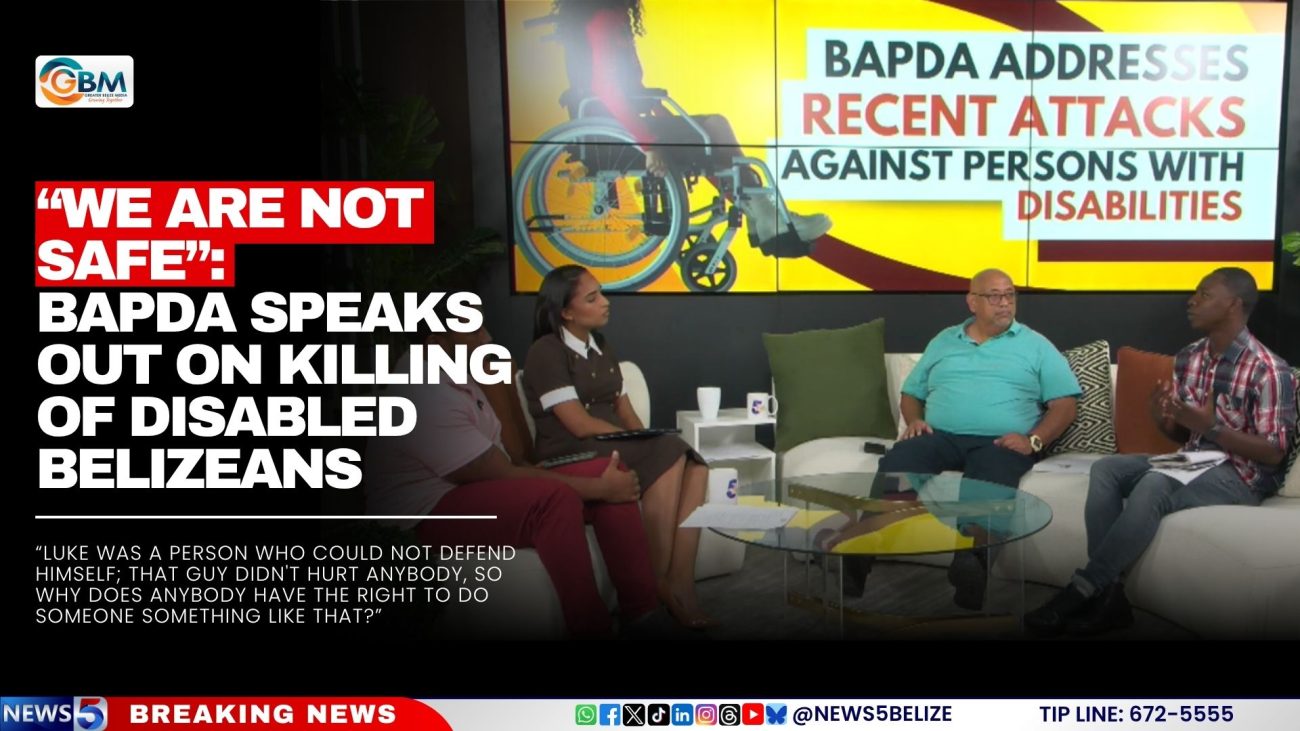
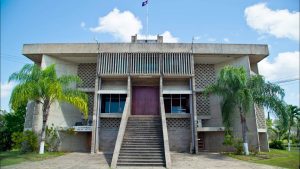
Facebook Comments